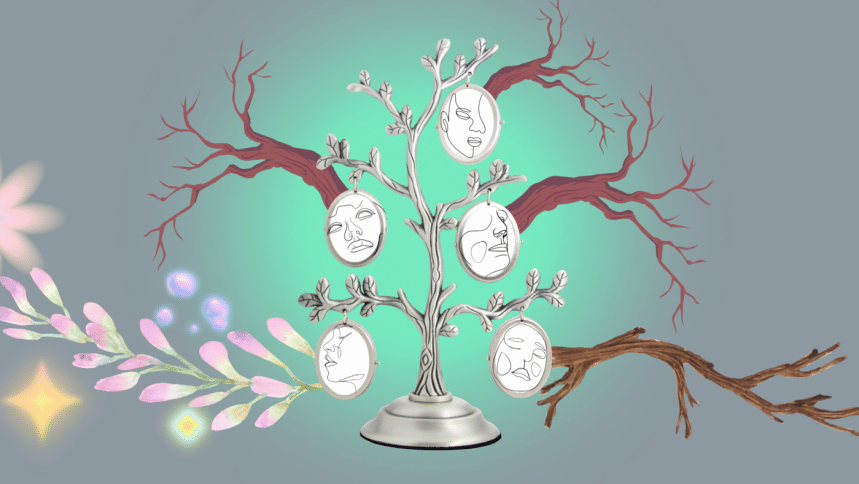You can be the cycle-breaker of trauma in your family

Tales, heirlooms, and genetic traits are just a few of the things that are passed down through the generations, but many of us are unaware of the fact that trauma may also be one of those things.
The passing of physical, emotional, and psychological damage from one generation to the next is referred to as intergenerational trauma. Many factors, including historical trauma, familial relationships, war, abuse, etc. that occur throughout our lives can lead to generational trauma.
It is important to remember that our parents' hurtful behaviour may be a result of their traumas, not because there is something wrong with us. For instance, parents who experience oppression may come up with "survival messages" (such as "don't cry or ask for help, it's a sign of weakness") and hand them down from one generation to the next. While these messages may have worked to protect previous generations, they can cause subsequent generations to have a fearful outlook on life, which prevents children from seeking assistance that is required to overcome the trauma.
All of this occurs in response to a traumatic event because our parents, grandparents, and great-grandparents all needed to find a means to survive with no room for processing their situation. A parent who retains emotional wounds from childhood trauma will unintentionally pass on dysfunctional coping mechanisms to their children by how they treat them, what they teach them, and what they model to them.
According to research, if parents do not pause and reflect on the memories, traits, or even survival tactics they retained from their childhood, their children might inherit the negatives of those aspects as trauma. Researchers also state that if the negatives do get passed on, the children can learn to develop themselves in a healthier way if they can understand the impact of such trauma.
Now that we have the awareness to be able to notice these patterns, we also possess the potential to change. But where do we start?
Learning to recognise generational trauma is the first step towards changing it. We cannot change what is happening unless we acknowledge or identify it. The second step is to locate the origins of the trauma, even if it began generations ago. This will allow room to understand how the trauma branched through the generations, which will help us in the third step, and that is to challenge these ideas. We may then learn to detach from the ideals perpetuated by the trauma and disassociate from it.
In order to learn how to self-regulate and prevent ourselves from being overcome by negative emotions and harmful behaviours, it is important that we establish coping mechanisms and seek professional help throughout the process.
Lastly, it is important to remember that we in turn can pass on the trauma or negatively affect those around us. While we have no control over what triggers us, we can learn to have control over how we deal with our triggers, even if it is extremely tough. Learning about the complex layers of intergenerational trauma, as well as being self-aware, is key in breaking the cycle.
Reference:
DeAngelis,Tori. (February, 2019). The Legacy of Trauma; APA.org
Sumaiya is in the midst of her researching untold topics era; send her leads here, [email protected]

 For all latest news, follow The Daily Star's Google News channel.
For all latest news, follow The Daily Star's Google News channel. 








Comments